When we train facilitators, one of the subjects that always comes up is: how do we deal with difficult people?
For instance: the person who won’t stop talking, or the one who doesn’t talk at all. And then, even more challenging, is the one who is shockingly prejudiced – or who says something a bit ambiguous that might be shocking if we’ve understood them correctly.
These situations put us on the spot as facilitators, because it often feels like the eyes of the room are suddenly all on us to say or do something.
We love working on ways to respond in these situations. What we find is there is simple solution, but that we have more choices in how to react than we realise.
So we really liked this one pager on ways to respond by Prof Elizabeth Stoke: How to say when it’s not ok.
She illustrates a huge range of possible reactions, from the forthright to the subtle. We particularly enjoyed her suggestions under the headings of “Pause, with an expectant look” and “huh?” Stokoe explains:
“Research shows that what conversation analysts call ‘repair initiators’ (such as a simple “huh?”) are often enough to get people to redo what they just said, and this often includes correcting their problematic talk.”
We often find it’s often best not to say too much too soon, and to let the other person do more of the work.
